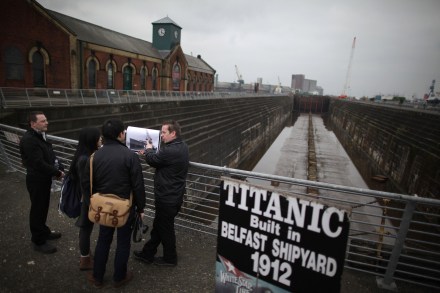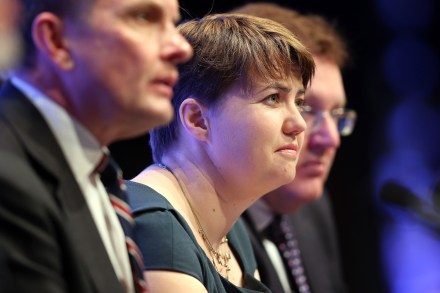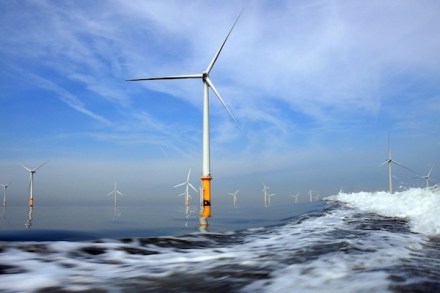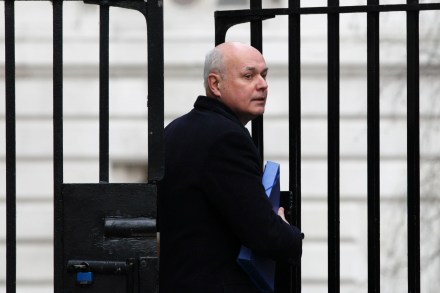Nicola Sturgeon is ready for her close-up – Spectator Blogs
In the rabid hamster-eating-hamster world of Scottish politics Nicola Sturgeon is a rarity: a politician of obvious competence who’s respected by her peers regardless of their own political allegiances. There are not so many folk at Holyrood of whom that could be said. The Deputy First Minister is not a flashy politician but she’s quietly become almost as important to the SNP as Alex Salmond. This, according to one sagacious owl, makes her one of the ten most interesting politicians in Britain. Hard though it is to imagine this, there are voters immune to the First Minister’s charms. Part of Nicola’s remit is to reach those parts of Scotland that




















